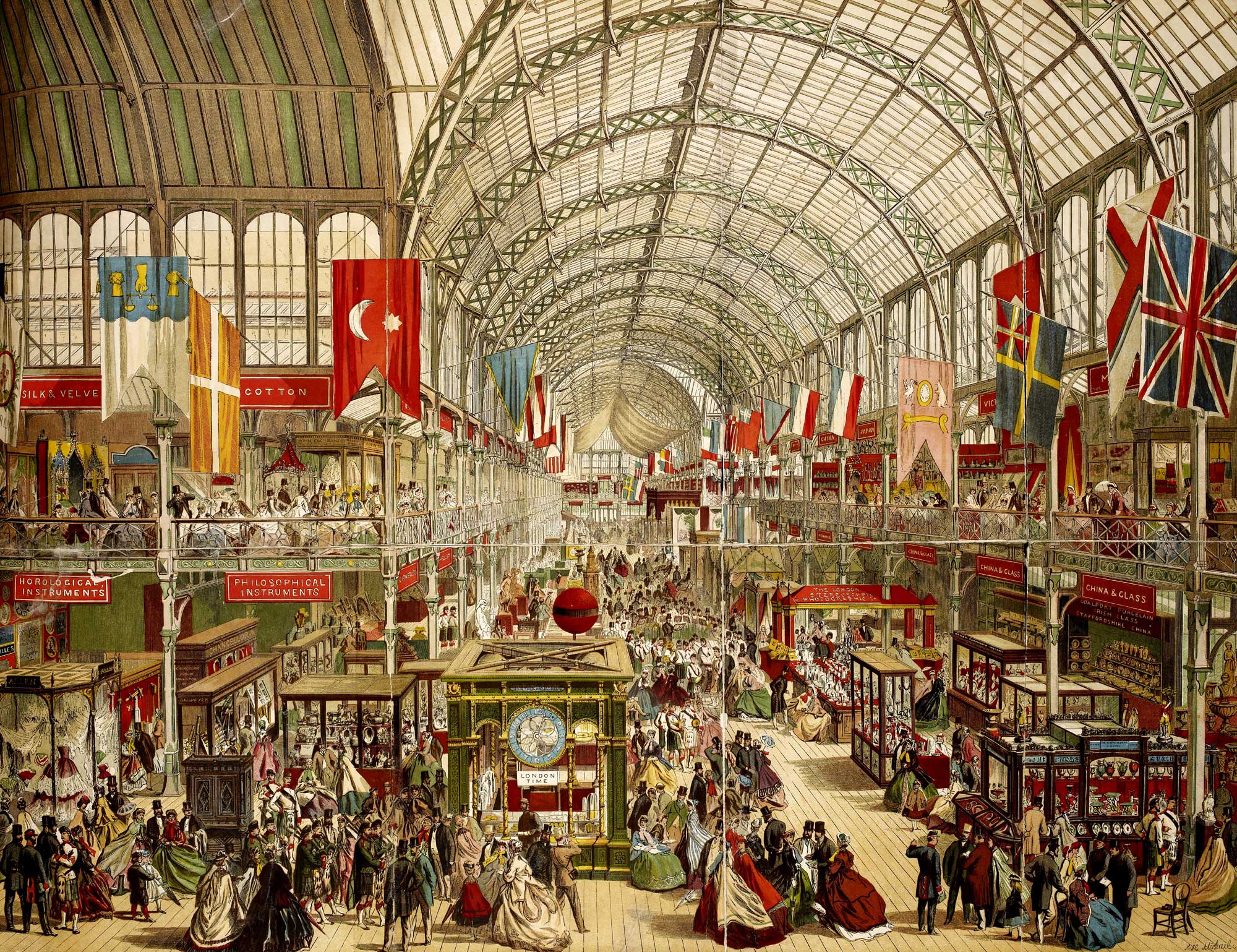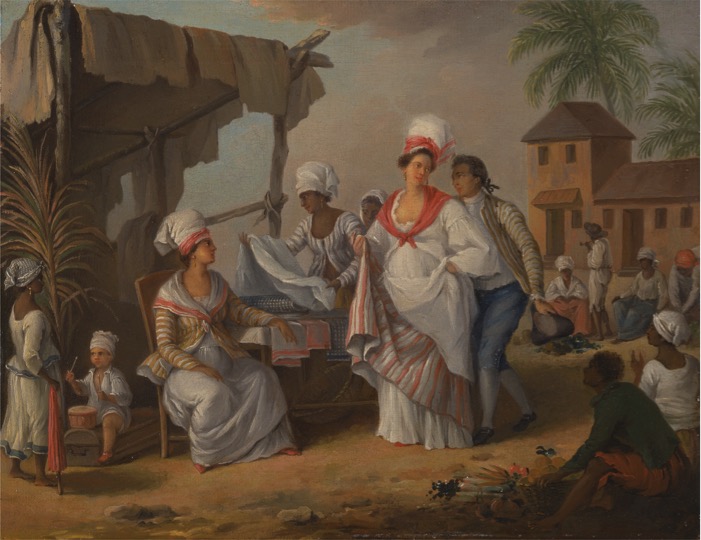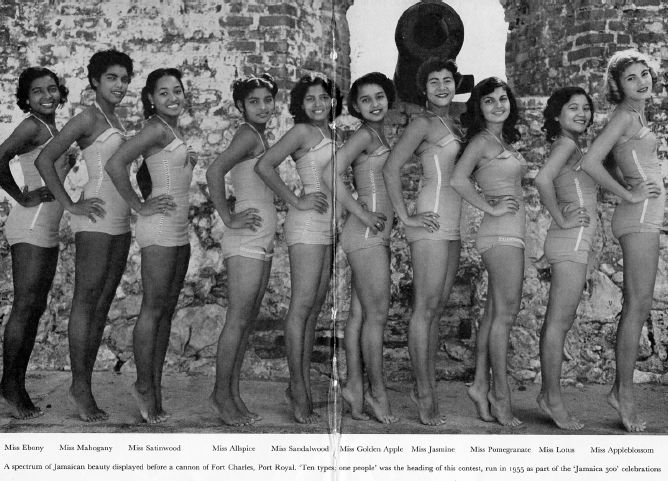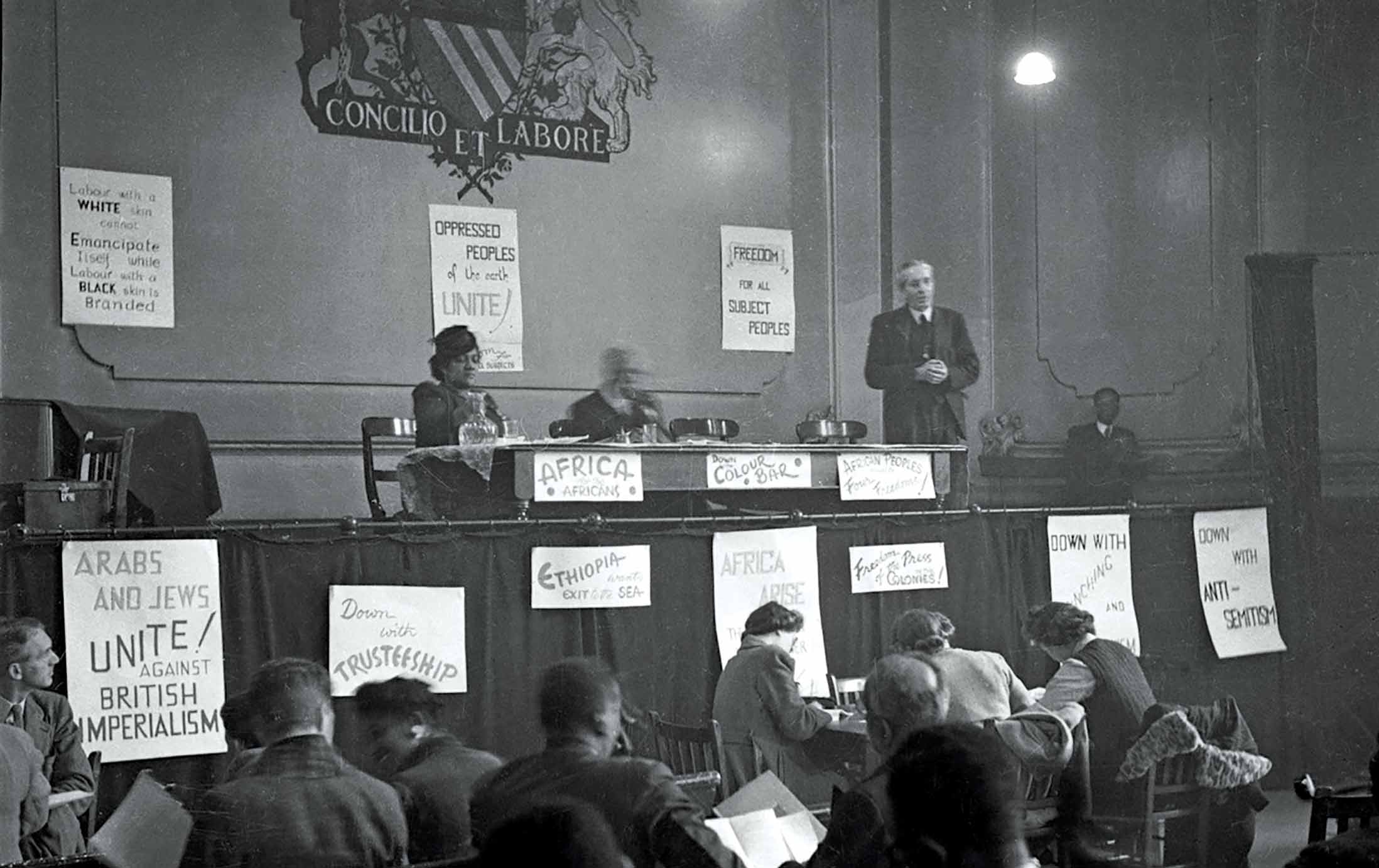Teaching

The Illustrated Exhibitor, Guide to the Great Exhibition, 1851
At Reed, I teach discussion-based courses in the history department as well as in Reed's interdisciplinary humanities program.
My history courses focus on the British Empire, but vary in terms of approach, period, and central issue. I present students with political, social, and cultural methodologies and emphasize the need for different conceptual tools and frameworks to solve different historical problems. The texts for my courses engage with different geographic areas—Great Britain, South Asia, Africa, the Caribbean—with the intention to think through these particular histories in service of understanding the larger dynamics at play in the history of empires. I love to teach with primary sources, and assignments for my classes include government documents, political manifestos, social research, expert discourse, memoir, novels, films, and photographs. Through my courses, students gain reading, research, and writing skills.
History 256: Migration Histories in the British Imperial World

The British Empire was built on migrations both forced and free, and in this course, students situate particular migration stories in wider imperial and global contexts. The migrant groups examined include settler colonists, enslaved persons, transported radicals, colonial officers, missionaries, and indentured and migrant laborers. The course presents a broad chronological survey of the British imperial world since 1700, paying attention to political, economic, social, and cultural dynamics. The final project for this course is a digital exhibition to which students contribute content and explanatory material.
History 315: Defining and Defying Difference: Race, Ethnicity, and Empire

From the origins of the British Empire in the sixteenth century, the encounter between Britons and colonial subjects demanded explanations of human difference. In this course, students consider race and ethnicity as contingent and contested categories shaped by political and economic circumstances and entangled with other social categories, especially class and gender. Topics include the international slave trade and abolition, caste and community in South Asia, color and class in the twentieth-century Caribbean, and immigration and multiculturalism in late twentieth-century Britain.
History 334: Race and the Politics of Decolonization
This course examines how the struggle for decolonization in the British Empirewas shaped by the politics of race. How did colonial subjects imagine freedom, and how were those visions of freedom constrained by the racial hierarchies of empire? How did they look to other movements within and without the British imperial world to theorize what political, economic, and intellectual decolonization might be? Topics will include intellectual critiques of empires, transcolonial movements, the transfer of power, the postcolonial nation-state, and the Commonwealth. We will pay attention to gender throughout and consider the legacy of the formal era of decolonization in the present day.
[Image: "A Panel at the Fifth Pan-African Congress in Manchester, November 1945," Getty / John Deakin]
History 335: Development: an Imperial History

Improvement and welfare have not always been the work of government. This class traces the origins and uneven history of development through the moments when colonial governments in the British Empire became interested in raising the material and social quality of life of colonial subjects. More than a matter of administering policy, attempts to better conditions arose through political circumstances and impacted the lives of colonial subjects in ways that administrators could not have foreseen. In the course, students consider development as a broad category through efforts to manage and improve education, the economy, and maternal health. They pay attention to the importance of colonial ethnography to know populations; the way development emerged as a rationale for empire; the international contexts of development; and continuities of colonial development after formal decolonization through nongovernmental organizations such as the World Bank and Oxfam International. Examples are drawn from metropolitan Britain; subject colonies such as India, Kenya, and the West Indies; and international organizations working with postcolonial nation-states.
History 336: The Aftermath of World War I in the British Empire

While for many years the main historiographical question surrounding World War I concerned its origins, recently, scholars have turned to the consequences of the war, particularly the postwar settlements that remade national, imperial, and international politics. The war demanded the mobilization of millions of men and women throughout the world; what was owed to these individuals for their service? In this class, students approach this question in a variety of contexts and braid together the political and social history of the interwar period. Topics include the League of Nations, the Commonwealth, anticolonial nationalist movements, international women's movements, humanitarianism, development programs, and the welfare state.
